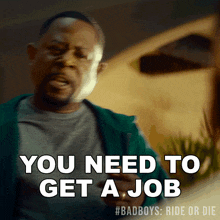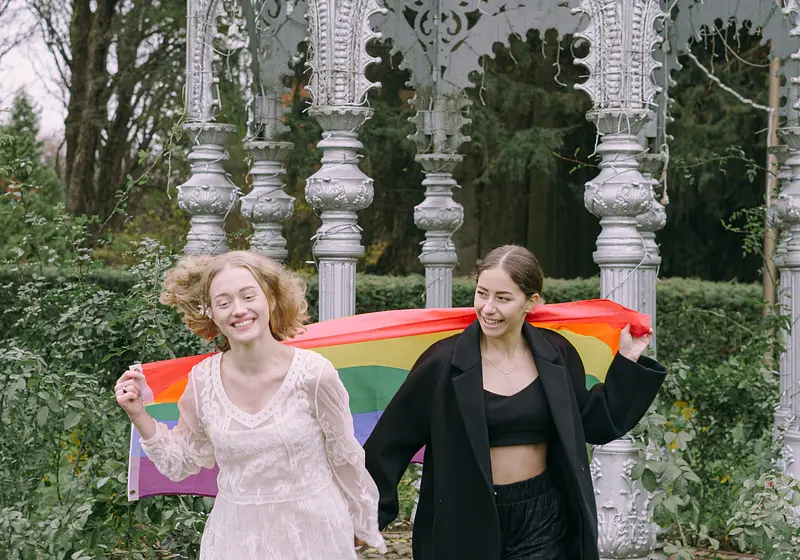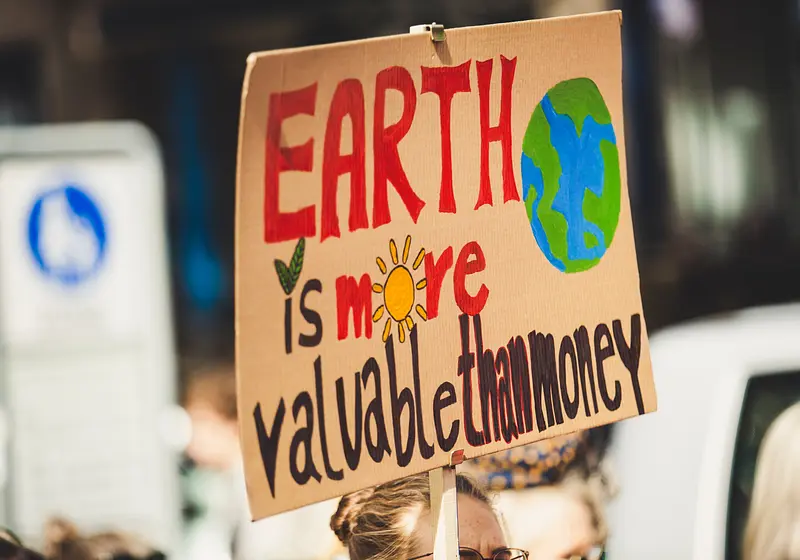From a very young age, I have felt that I have the immense responsibility to change the world by advancing gender equality, eradicating racism, and resolving homelessness, among a countless number of other world-wide issues. When teens feel too much pressure to achieve a virtually unattainable goal of "changing the world," they will inevitably fail to meet their own expectations and the expectations of others, while being misled by what it means to truly "change the world."
Changing the world is an act often misconstrued by teenagers due to the influence of the media and societal pressures. We already hold the power to enact change, so here are reasons why teens should not feel like it's their duty to completely change the world:
Let us slide into your dms 🥰
Get notified of top trending articles like this one every week! (we won't spam you)The Media
According to the American Academy of Child & Adolescent Psychiatry, 90% of those aged 13-17 use social media platforms. Social media not only has a heavy influence on the lifestyle and behavior of teens, but social media also changes the way teens perceive their role in making a change in the world.
For instance, the media affects the voter turnout of Generation Z. In an interview with CNBC, Brent Cohen, executive director of Generation Progress, a youth-centered advocacy group, explained, “Both Generation Z and millennials are voting generations."
He continued, “The preliminary data says, in fact, this was the election with the highest turnout rate of young people that we’ve ever seen.”
When teenagers scroll through apps such as Instagram, TikTok, and Twitter, among numerous others, they are drawn towards posts regarding politics and movements that subsequently inspire teens to get involved in the issue or global matter at hand. While the media's encouragement to get involved in issues teens are passionate about is important, teens can begin to put too much pressure on themselves to make a change.
In 2018, Rayne Fisher-Quann organized a movement where tens of thousands of Ontario students walked out of classrooms to protest the government that revoked their modernized sex-education curriculum. Rayne was able to connect with a large number of students to stand up against the local government's actions through Instagram.
While cases similar to Rayne's are nothing but admirable, the media can, at times, negatively impact teens by perpetuating the notion that Gen Z is accountable for resolving issues that are overwhelming.
Take the Quiz: What Type of Notes Should I Take?
Discover the best note-taking method for your learning style!
Social Media's Impact
In 2018, The Pew Research Center found that 34% of Americans "have taken part in a group on social media that shares an interest in an issue or cause, while a similar share (32%) says they have encouraged others to take action on an issue that is important to them." Teens are not the only ones engaging in social media as a means of becoming involved in an issue they care about.
The Pew Research Center also concluded that younger age groups frequently turn to apps, including Instagram, for news. 71% of 18-29 year-olds use Instagram to gather news, while 65% of those surveyed use Snapchat as a means of receiving the news. Additionally, 48% use TikTok to keep up with the latest ongoings.
With Gen Z's uniquely high social media presence comes pressure to change the world. The pressure teens feel to make a difference is directly tied to social media and the great number of teens present on popular platforms.
Pressure From Adults
Generations before Gen Z tend to reiterate the idea that it is up to Gen Z to change the world. Yet, putting pressure on one generation to resolve every prominent issue in the world is both unrealistic and ineffective. Gen Z needs to be joined by other generations to change the status quo, as change cannot be made without like-minded others.
Since elementary school, I have constantly heard adults tell me, along with my classmates, that "we are the future," that Generation Z is the key to solving the world's largest problems. However, this exact mindset that one group of people is responsible for developing and altering the world will only lead to failure. For years, I have felt that my purpose in life is to solely change the world, but ultimately, I have the power to change the world simply through my everyday life.
For example, by walking into a room with unique ideas and being open-minded, I influence the lives of others around me. By working towards goals I am passionate about that benefit others, I am changing the world around me. One generation cannot resolve every single problem in the world, and neither can one individual.
Gen Z Is Hopeful
Caryl Stern, executive director of the Walton Family Foundation, commented, “The optimism and determination of Millennials and Generation Z is infectious."
She continued, “These emerging leaders are telling us they want to use their talents to make meaningful change in the world. As an organization committed to creating access to opportunity for people and communities, we welcome them with open arms.”
The majority of Generation Z is optimistic that their generation will make a huge difference in the world. Hope is powerful and a key way to begin making change. But, simultaneously, teens and Gen Z must remember that changing the world does not need to be an unmanageable, burdensome task. Rather, it should be impactful and inspiring.
Gen Z must shift their mindset regarding their role in changing the world for the better. Rather than feeling forced or pressured, Gen Z needs to take one step at a time towards change with help from other generations.














